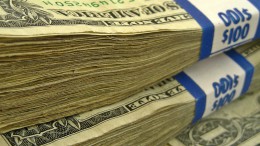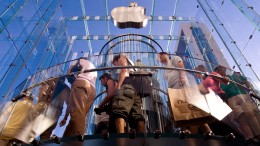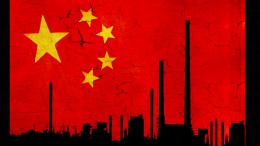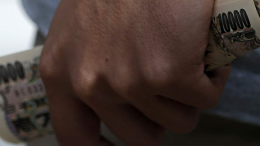PBoC delivered asymmetric rate cuts, what’s next?
By Jian Chang (Barclays) | The PBoC announced after the market close on Friday it was lowering the benchmark interest rates, effective 22 November 2014. The cut will be asymmetric, with the 1y lending rate down by 40bp to 5.6% and the 1y deposit rate down by 25bp to 2.75% (Figures 1 and 2). Meanwhile, the central bank further advanced its interest rate liberalization agenda. Banks can offer deposit rates at 20% above the benchmark rate, up from 10% currently (the upward flexibility was first introduced in June 2012, also along with a 25bp cut in the deposit rate). The bank also removed the benchmark guidance for the 5y savings rate.





